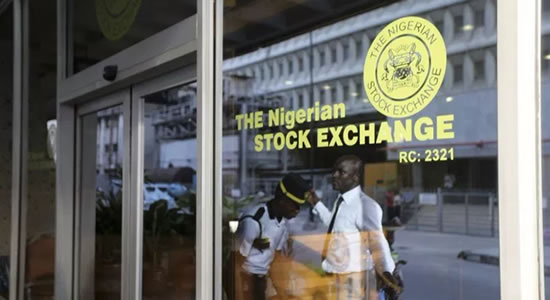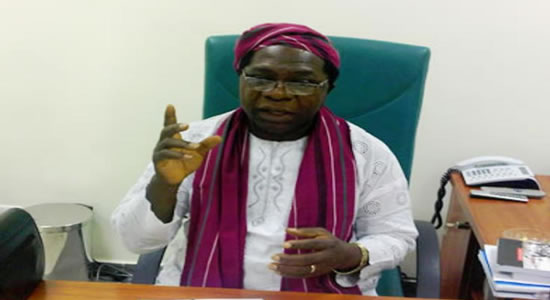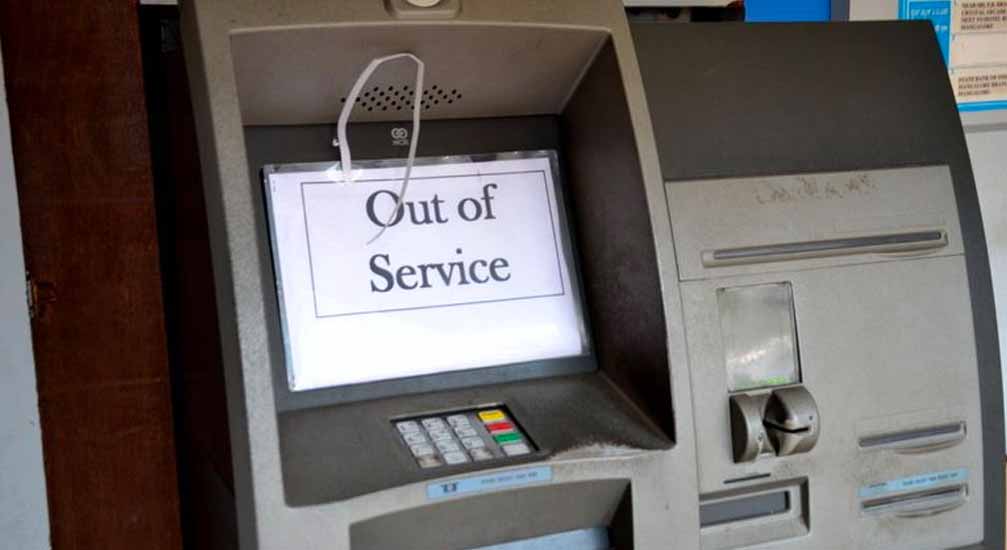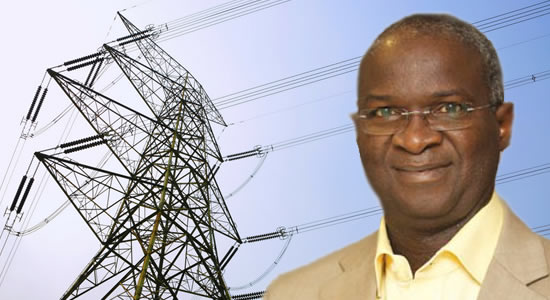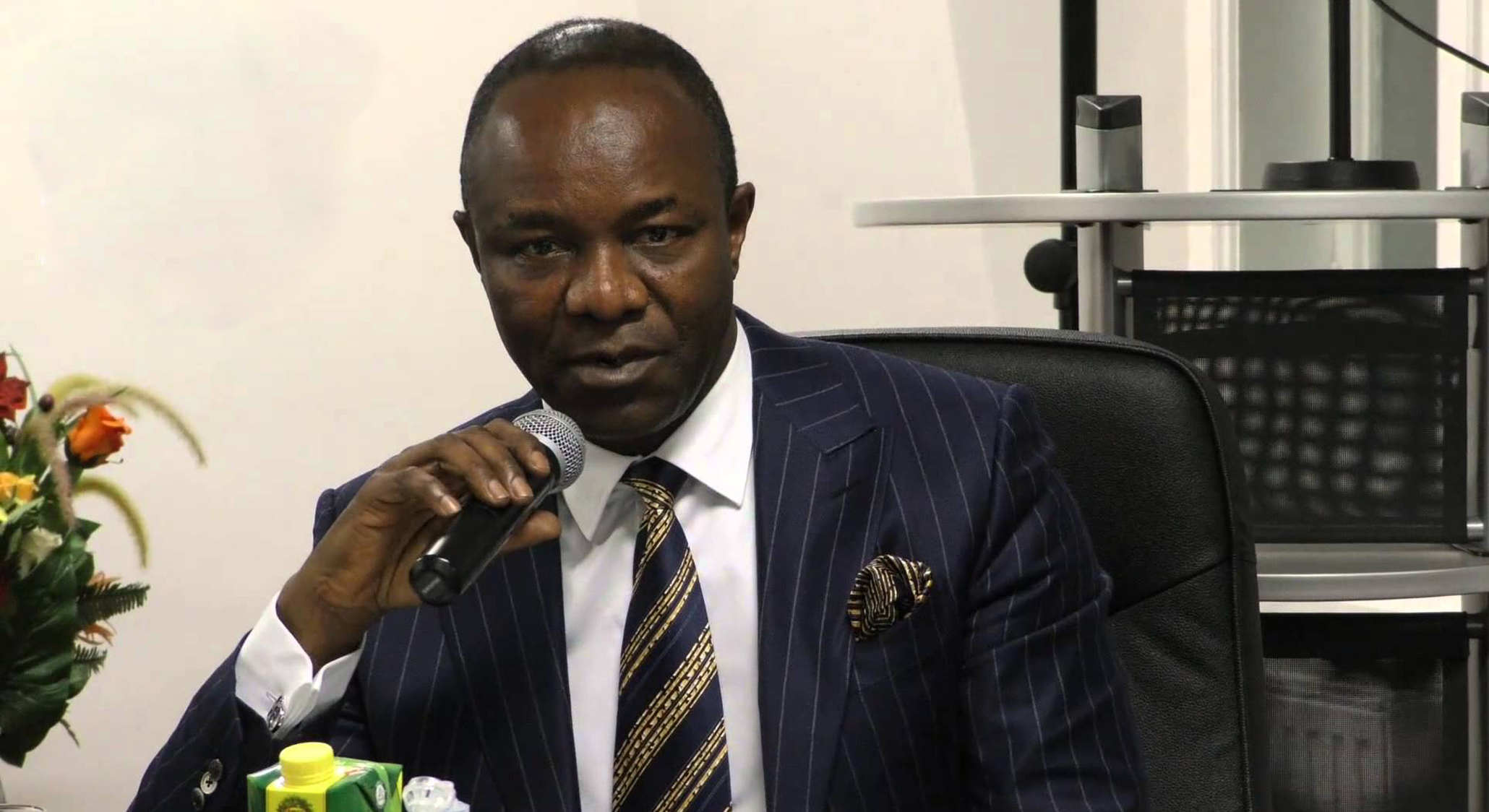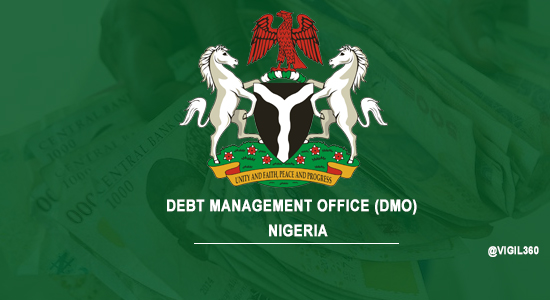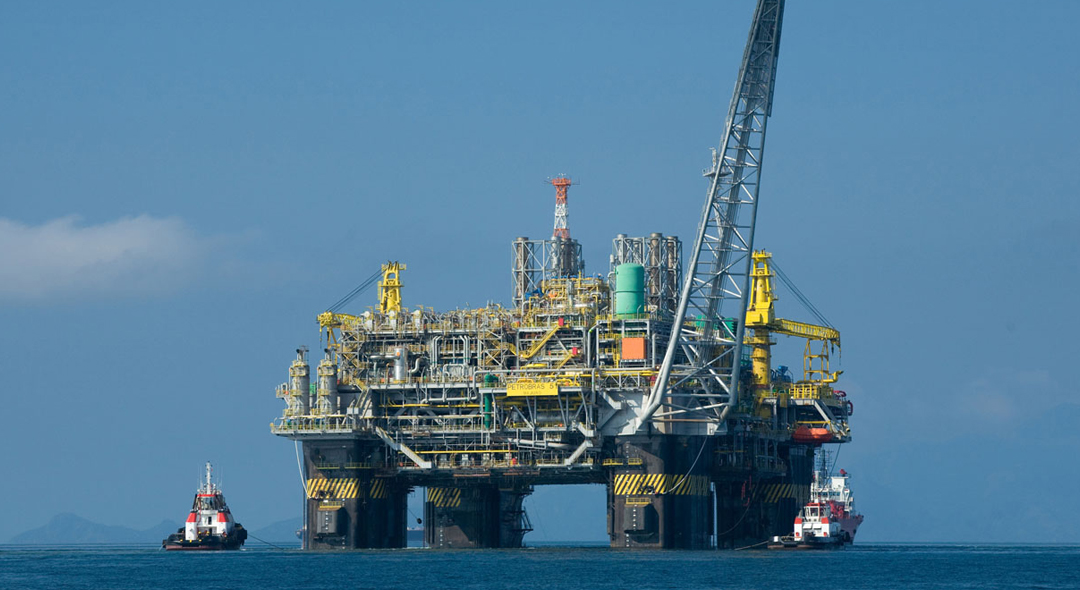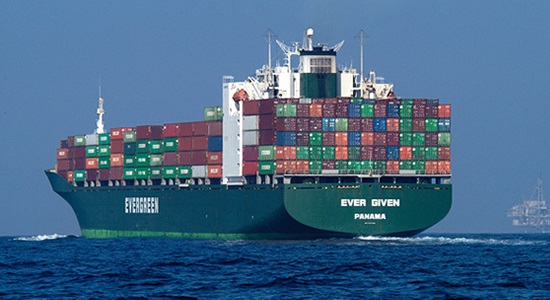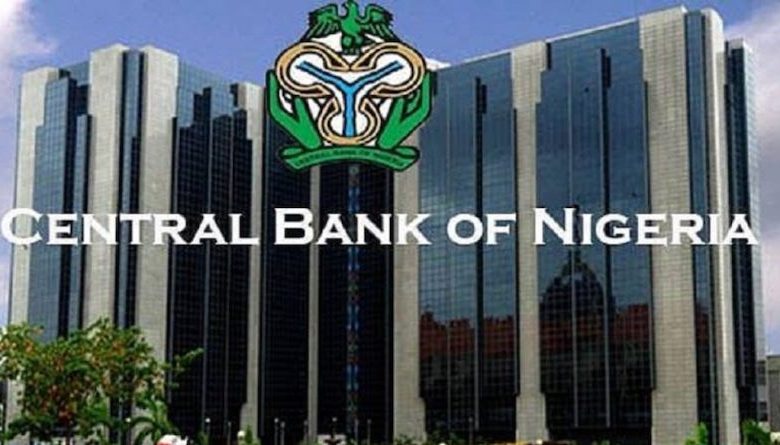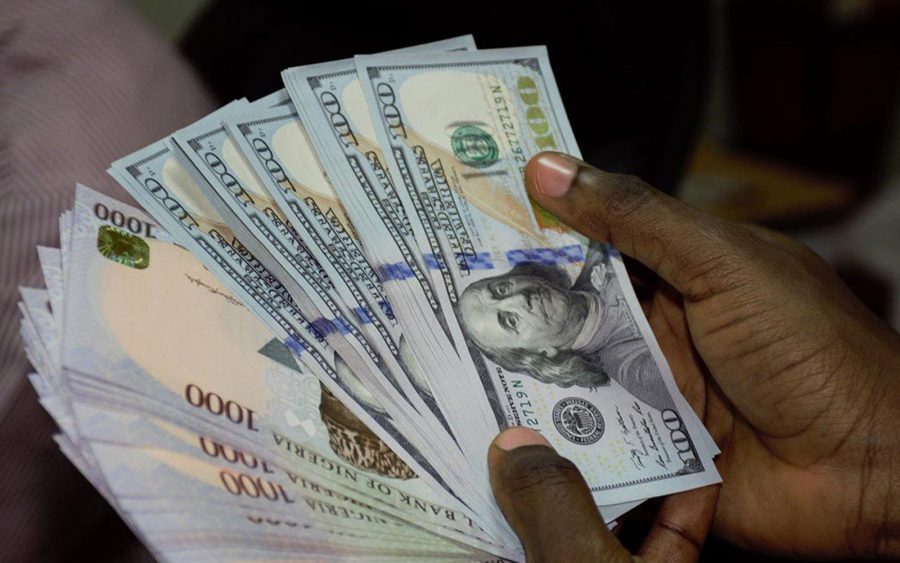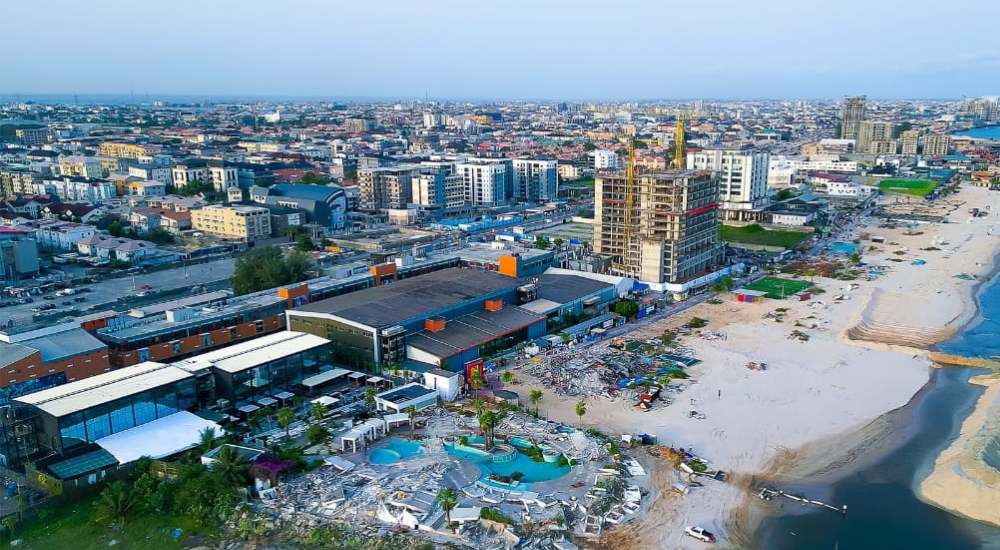The Nigerian Stock Exchange (NSE) on Tuesday crossed over 40,000 mark for the first time after October 2014 following sustained gains by blue chips. The reports stated that the index closed higher at 40,362.97 compared with 39,849.65 posted on Monday, indicating an increase of 513.32 points or 1.29 per cent. Similarly, the market capitalisation which opened at N14.181 trillion inched N182 billion or 1.28 per cent to close at N14.363 trillion.
Passage of PIB Panacea To Fuel Crisis In Nigeria–Lawmaker
The Chairman, House of Representatives Committee on Petroleum Resources (Downstream), Rep. Joseph Akinlaja has said that the speedy passage of the Petroleum Industry Bill (PIB) is crucial in solving the persistent fuel crises in the country.
Akinlaja told newsmen in Abuja that the committee was working assiduously to ensure that the bill was passed before the tenure of the current 8th national assembly ends.
The lawmaker said that three out of the four segments of the bill were currently before the committee of Petroleum Resources and would soon be presented to the House.
“The assurance as given to us as a directive by the Speaker, Mr Yakubu Dogara is that this PIB must be concluded during this tenure.
“And this year by the grace of God we not only hope we believe that the bill will be passed by the National Assembly and sent to Mr President for assent.
“This is our own bill and it was segmented to enable us work thoroughly on it.
National Bureau Of Statistics Set To Release Reports On Economy
The National Bureau of Statistics (NBS) is to release no fewer than 179 reports on different sectors of the economy this year
According to the 2018 tentative data release calendar posted on the bureau’s Website, the NBS is expected to release 40 data in the first quarter.
According to the calendar analysed by the News Agency of Nigeria (NAN), the bureau will release data on consumer price index and inflation, price watch on diesel, petrol and kerosene.
Other items on the calendar are telecommunications data, monthly Federal Account Allocation Committee disbursements, gross domestic products and foreign trade merchandise.
No Plan To Increase Petroleum Price - NNPC
The Nigerian National Petroleum Corporation (NNPC) says it has no plans to increase the pump price of Premium Motor Spirit (PMS), also called petrol. In a statement, the Group General Manager in the Public Affairs Divisions of the Corporation Mr Ndu Ughamadu assured motorists and other consumers of petroleum products that the pump price of petrol still remains N143 per litre in NNPC Retail outlets and N145 in other fuel stations, while PMS ex-depot price of N133.28k per litre to marketers is still being maintained.
Banks Ban Use Of Debit Cards For ATM Withdrawals Abroad
Some Commercial banks in Nigeria have barred their customers from using debit and credit cards to withdraw dollars, euros, pounds and other foreign currencies outside the country.
The development is likely to affect business and leisure travellers as well as students studying abroad who often rely on withdrawing hard currencies with their Nigerian payment cards from Automatic Teller Machines abroad to meet certain needs.
The policy is in reaction to prevailing naira volatility which has gotten the finger of most Nigerian banks fingers burnt.
Distribution Hampering Utilisation Of 2,000mw Of Electricity
The Minister of Power, Works and Housing, Babatunde Fashola, has stated that the country currently has 2,000 megawatts of electricity that is not being utilised as a result of inadequate distribution infrastructure.
Fashola said this at the January 2018 edition of the monthly power sector operators’s meeting in Lafia, Nasarawa.
The Minister explained that the power was not being utilized because manufacturers had not shown interest in making use of it.
Marketers Selling Petrol Above N145 Will Be Prosecuted
The federal government is set to prosecute any marketer that sells petrol above the recommended N145per litre.
Minister of state for petroleum resources, Dr. Ibe Kachikwu, stated this yesterday while Speaking during a meeting of the committee set up by government to resolve grey areas in the supply of petrol.
DMO To Issue Over N1Trn Treasury Bills In Q1 2018
According to data released by the Central Bank of Nigeria, CBN, the Debt Management Office (DMO) will offer over treasury bills worth N1 trillion in the first quarter of 2018.
The amount which represents 85 percent of the total bills that would mature in the first quarter comes after the Debt Management Office redeemed N198 billion worth of treasury bills with proceeds from the $3 billion Eurobond issue.
In December, the DMO had stated that it would not roll over the treasury bills as part of its “overall debt management strategy of reducing debt service costs”.
“Other objectives of this strategy are to free up space in the domestic market for other borrowers and achieve a more sustainable debt portfolio mix of 60% domestic and 40% external,” the DMO said at that time.
International Oil Majors To Cut Exploration Spending In 2018
International oil majors such as ExxonMobil, Shell, Total and others will cut investment on exploration in 2018.
In a report by consultancy Wood Mackenzie (WoodMac), this year, the IOCs are not again bothered by pressure to replace reserves, making it the fifth year of consistently cutting down on exploration investments.
Spending will collectively drop by around 4 percent this year. This represents a slag in about a tenth of investment in oil and gas production, it said.
“This could be the new normal, with the days of one dollar in six or seven going to exploration forever in the past,” WoodMac said in the report.
$25.65BN Forex Transactions Boost Investors’ Confidence In 2017
The Investors & Exporters (I & E FX) FX window as at close of 2017 recorded a whopping total transactions’ turnover of $25.65 billion in just nine months of operations in 2017, according to reports. Due to low investors’ confidence and foreign exchange scarcity in 2017, the Central Bank of Nigeria (CBN) in a bid to ease the challenges faced by Nigerians in April last year created the I & E FX window.
42 Ships Laden With Petrol, Food Items Arrive Lagos Ports
The Nigerian Port Authority (NPA) has disclosed that about forty two ships laden with Petroleum products, food items and other goods will arrive Apapa and Tin Can ports between today and January 30. The agency in its publication "Shipping Position" made available to Vigil360 said that the ships contained buck wheat, frozen fish, bulk gas, bulk fertilizer, aviation fuel, bulk sugar, diesel, petrol and containers laden with goods.










